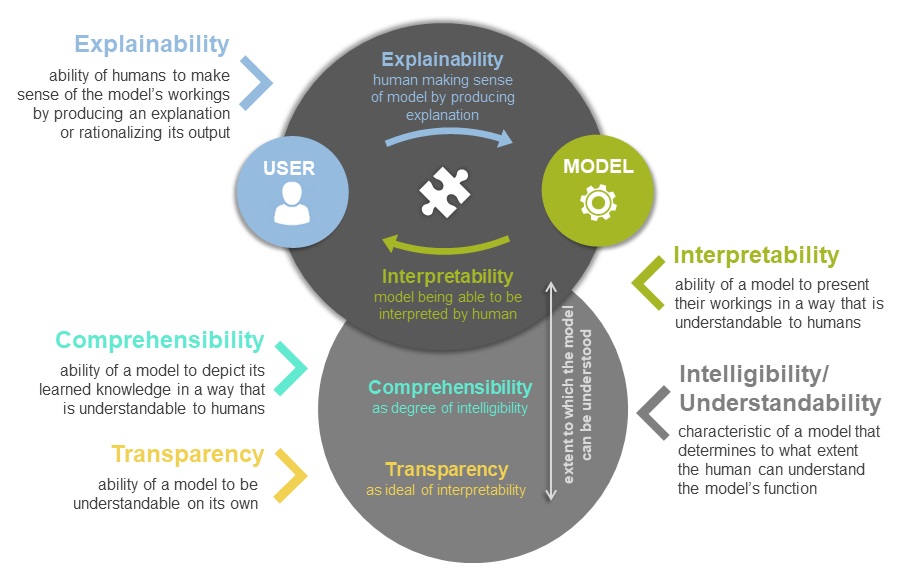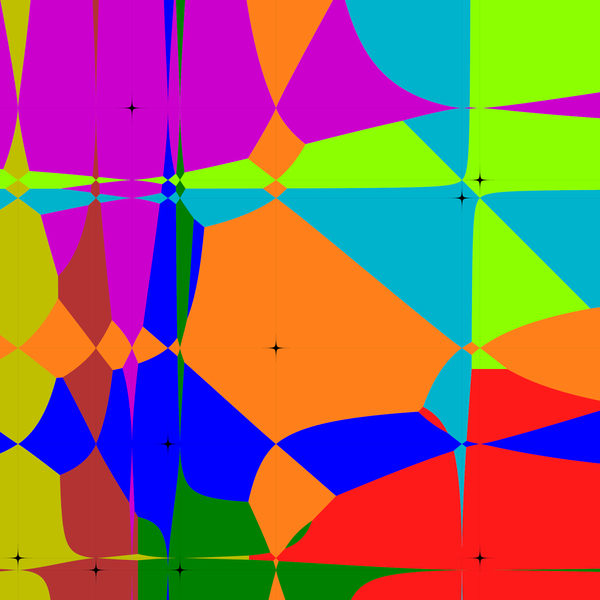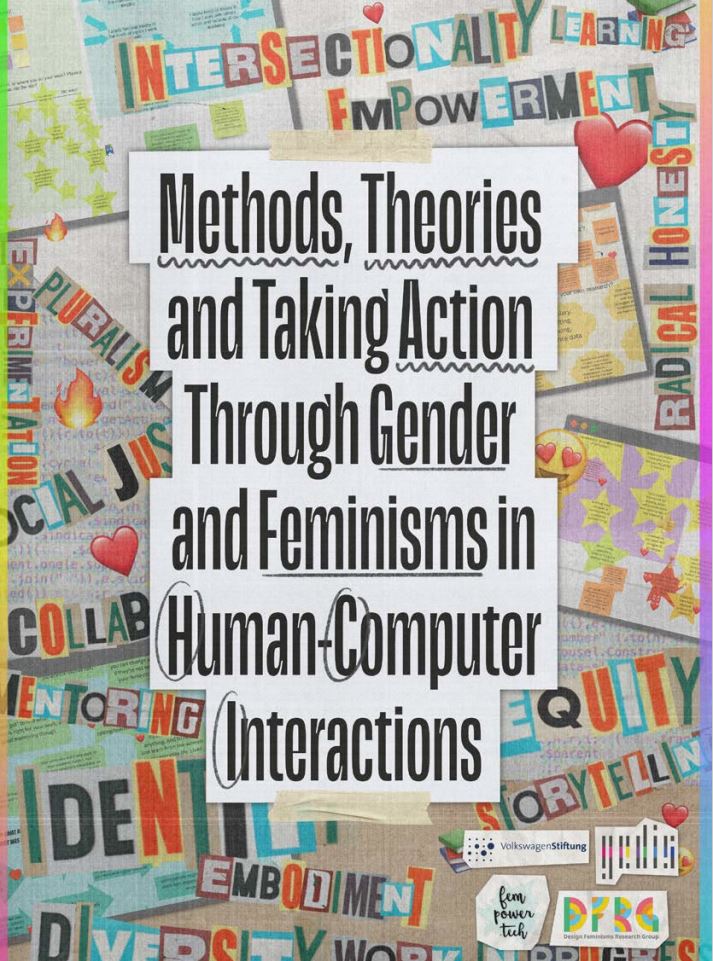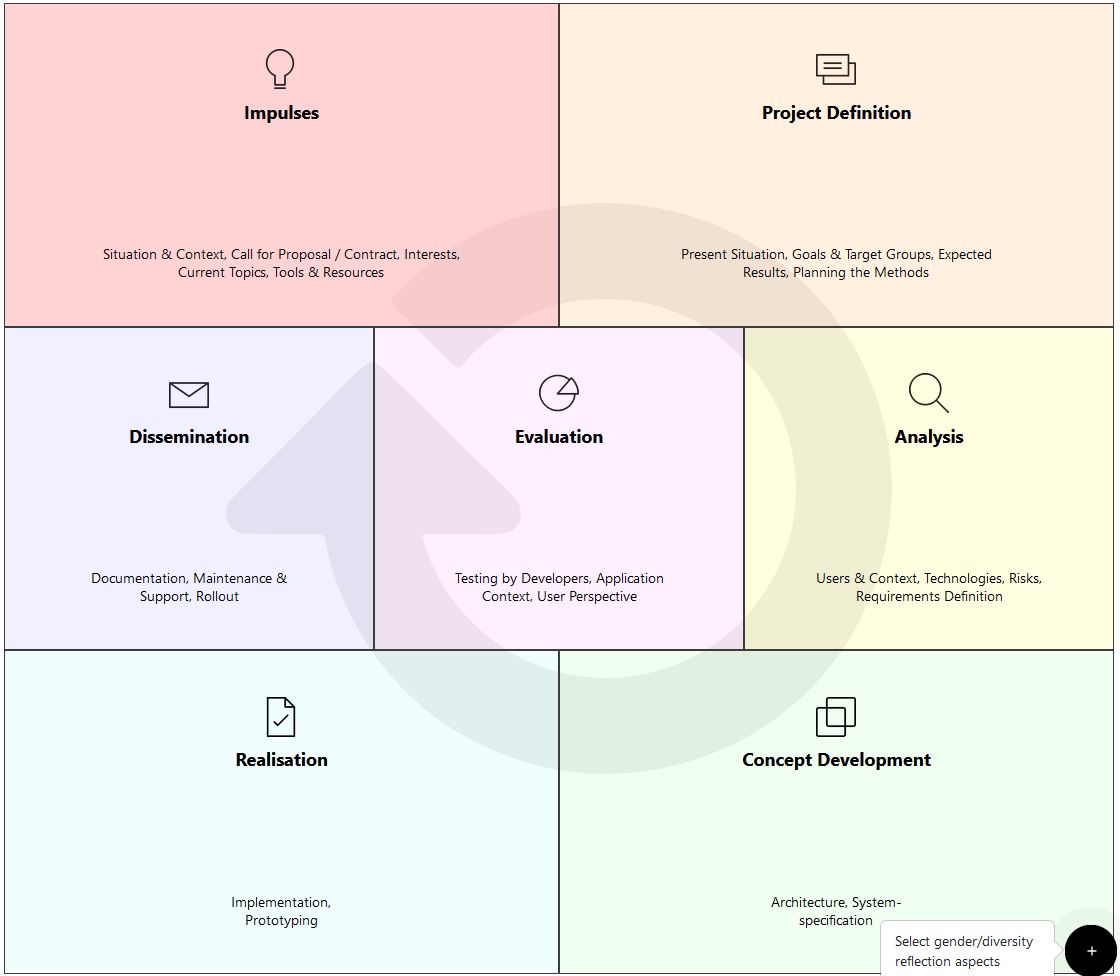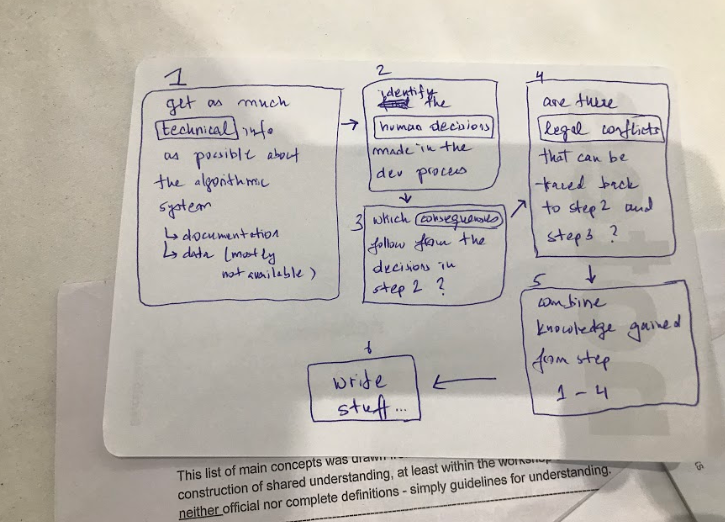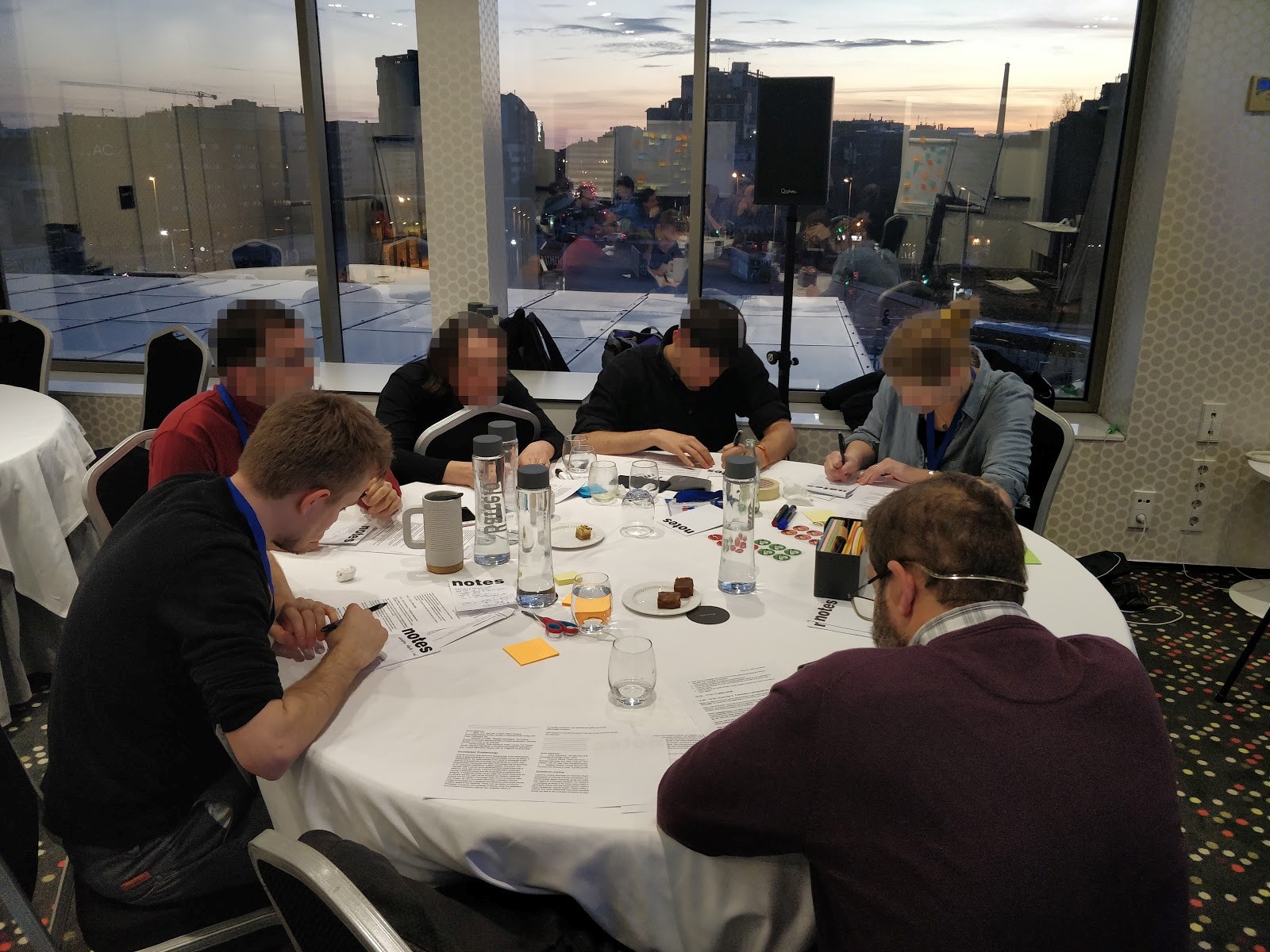Tangible and embodied interactions – can they offer something for the way users understand and engage large language models (LLMs)? This is the question that we explored in studio (a.k.a. hands-on workshop) titled “Tangible LLMs: Tangible Sense-Making for Trustworthy Large Language Models” that PIT, namely […]
Category: Methodologies
Doing Diversity in Computing
Based on their commitment to diversity, equity and inclusion in computing, the Association of Computing Machinery has put forward a list of considerations to forming diverse teams. This list includes inherent characteristics such as race and ethnicity, gender identity and disability, as well as acquired […]
Messy Concepts: How to Navigate the Field of XAI?
Entering the field of explainable artificial intelligence (XAI) entails encountering different terms that the field is based on. Numerous concepts are mentioned in articles, talks and conferences and it is crucial for researchers to familiarize themselves with them. To mention some, there’s explainability, interpretability, understandability, […]
critML: Critical Tools for Machine Learning that Bring Together Intersectional Feminist Scholarship and Systems Design
Critical Tools for Machine Learning or CritML is a project that brings together critical intersectional feminist theory and machine learning systems design. The goal of the project is to provide ways to work with critical theoretical concepts that are rooted in intersectional feminist, anti-racist, post/de-colonial […]
Booklet documentation of the “Methods, Theories, and Taking Action Through Gender and Feminisms in Human-Computer Interaction” event series
The workshop series on “Methods, Theories, and Taking Action through Gender and Feminisms in Human Computer Interaction” was documented in a booklet.
Broadening perspectives with the GERD model
Technical research and development are embedded in social contexts, afforded by stakeholders, their goals and interests, values and assumptions, and the social and professional structures they are part of. The choice of research topics and many development decisions start from rather general, standard assumptions about […]
Call for Participation: Critical Tools for Machine Learning
Join a workshop “Critical Tools for Machine Learning” as part of CHItaly conference on July 11, 2021.
Epistemic justice # under (co)construction #
This is the final part of a blogpost series reflecting on a workshop, held at FAccT conference 2020 in Barcelona, about machine learning and epistemic justice. If you are interested in the workshop concept and the theory behind it as well as what is a […]
Experimenting with flows of work: how to create modes of working towards epistemic justice?
This is part three of a blog post series reflecting on a workshop, held at FAccT conference 2020 in Barcelona, about machine learning and epistemic justice. If you are interested in the workshop concept and the theory behind it as well as what is a […]
Finding common ground: charting workflows
This is part two of a blogpost series reflecting on a workshop, held at FAccT conference 2020 in Barcelona, about machine learning and epistemic justice. If you are interested in the workshop concept and the theory behind it, read our first article here. This post […]


